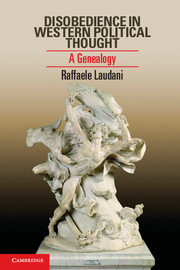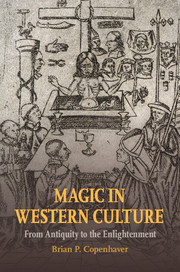Disobedience in Western Political Thought
The global age is distinguished by disobedience, from the protests in Tiananmen Square to the fall of the Berlin Wall, to the anti-G8 and anti-WTO demonstrations. In this book, Raffaele Laudani offers a systematic review of how disobedience has been conceptualised, supported, and criticised throughout history. Laudani documents the appearance of 'disobedience' in the political lexicon from ancient times to the present, and explains the word's manifestations, showing how its semantic wealth transcended its liberal interpretations in the 1960s and 1970s. Disobedience, Laudani finds, is not merely an alternative to revolution and rebellion, but a different way of conceiving radical politics, one based on withdrawal of consent and defection in relation to the established order.
- Proposes a completely new theory of disobedience
- Presents the first complete history of the idea of disobedience in the Anglo-Saxon world
- Is a useful tool for the understanding of contemporary social movements
Reviews & endorsements
'Compelling, waffle-free and highly engaging.' Morning Star
'Recommended.' Choice
Product details
August 2013Hardback
9781107022645
181 pages
235 × 156 × 18 mm
0.42kg
Temporarily unavailable - available from TBC
Table of Contents
- Foreword Adam Sitze
- Introduction
- 1. Before disobedience: antiquity and the Middle Ages
- 2. The modernity of disobedience
- 3. Disobedience in the age of revolutions
- 4. When disobedience is 'civil'
- 5. Disobedience in the crisis of sovereignty.







